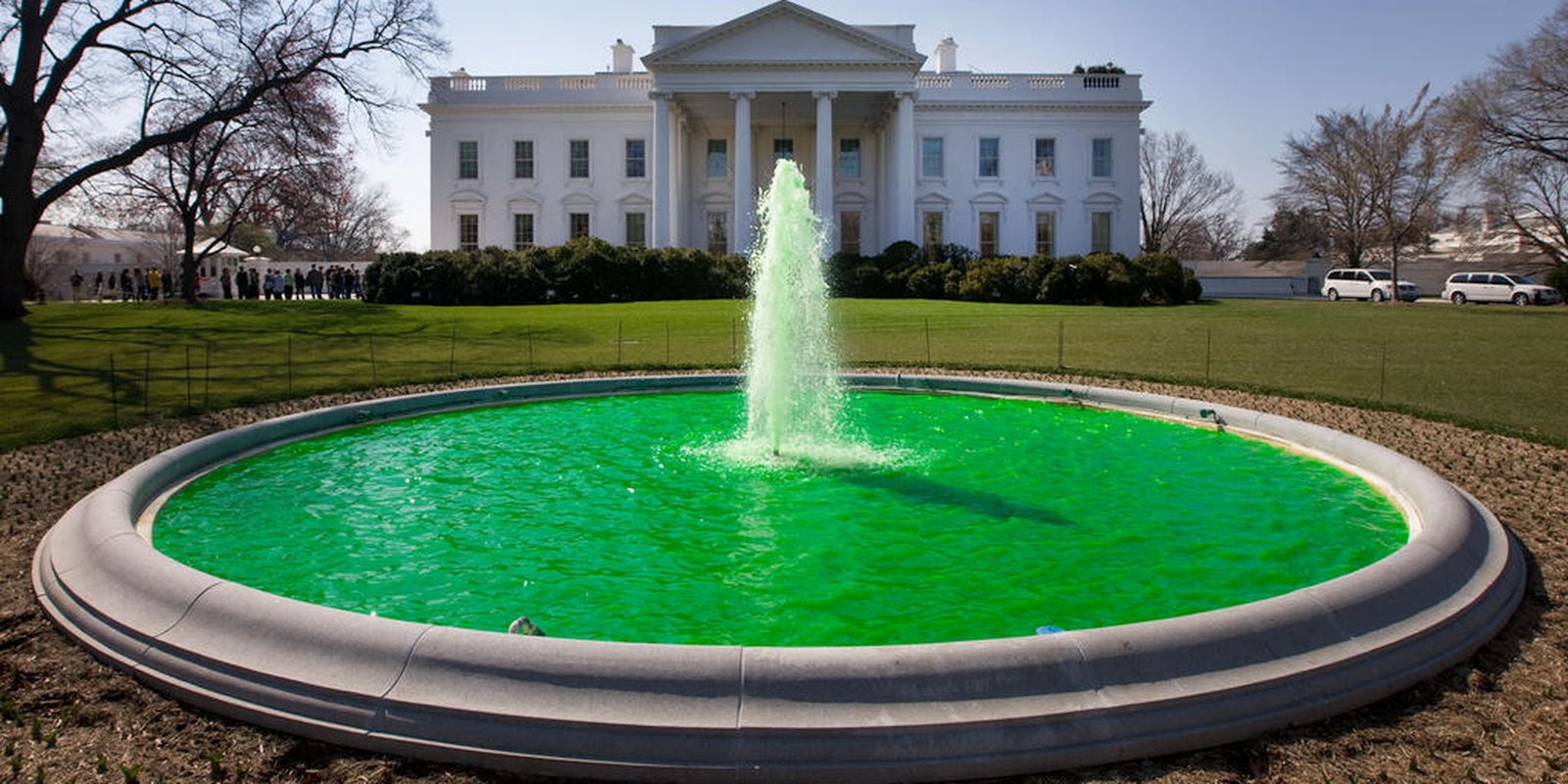It’s become a political standard for retired Washington elites to move on to cushy jobs in either finance or lobbying. Of late, however, Silicon Valley has become the default destination for everyone from Condoleeza Rice—whose appointment to the board of Dropbox engendered more than its share of controversy—to former White House Press Secretary Robert Gibbs, whose Incite Agency essentially acts as a non-registered lobbying firm for tech startups.
The most recent such move may come from Gibbs’ successor, Jay Carney. Although details are scant, Carney, who departed the White House last month, has supposedly been approached by both Apple and Uber, presumably to work in a PR capacity.
Apple and Uber could certainly use a candidate with high-level question-dodging experience, as the former tries to define itself in an increasingly more competitive environment and the latter fights for the very legitimacy of its business model. Uber especially needs someone with political expertise, as evidenced by their hiring of the former chair of the New York City Taxi & Limousine Commission.
Indeed, increasing amounts of money is being devoted to tech’s stake in politics, with lobbying spending by Google, Netflix, Amazon, and others increasing dramatically, with industry spending as a whole reaching over $141 million last year. According to OpenSecrets.org (which uses official filing reports to calculate these numbers), that puts Silicon Valley in league with the oil and gas industry as far as influence in Washington goes.
While that much influence being purchased by any industry might scare more than a few, consumers should keep in mind how much faster technology is changing versus the rate of change in policy, which is almost nil.
In as constipated a political environment as Washington now finds itself, every industry and special interest group is thirsting for influence with Capitol Hill pols. Even famously liberal Napster co-founder Sean Parker has switched from funding Democrats to Republicans, desperate to fill an open mind with a full purse. The appalling lack of movement on nearly any policy measure seems to exist for lack of incentive to do otherwise, with the retention rate of Congress still resting at 90 percent.
The technology sector, on the other hand, innovates at an exponential rate with a strong incentive to do so. Washington is already unable to properly handle issues as diverse as net neutrality and digital currencies, and they may soon face the regulatory questions surrounding driverless cars and even artificial intelligence. While lobbying is an ugly art, it may be a necessary one if our policies can hope to keep up with our technology.
Likewise, it would behoove Silicon Valley to hire people from Washington for this new environment. If you’re a company like Uber or Apple, you want lobbyists for the same reason Walmart or Goldman Sachs wants lobbyists: to look out for your interest. But it also becomes necessary to bring in those who know the layout of Washington, and few people know it better than the likes of Jay Carney or Robert Gibbs.
It can certainly inspire worry when Washington officials skip town for high-paying gigs in an industry becoming arguably more powerful than any government on Earth. And this love affair goes both ways: Washington lobbyists are snapping at the pork chop dangling around the tech sector’s neck, opening office after office near the campuses of Google, Facebook, and others.
As with any industry, however, a close eye should be kept on how these behemoths are using their new-found political tools. Google co-founders Sergey Brin and Larry Page, for example, have spoken about laxing HIPPA privacy regulations (the laws that keep your medical records secure) in order to “revolutionize” data in medicine. While medical records could certainly use a 21st-century upgrade, hearing a company with a dubious record of privacy want access to your health records is enough to cause concern.
As is the case with most of the big firms, Google has a habit of painting their rosy picture of the future (one they power and run) as if they are not a profit-making venture. Corporations like Google and Apple are inherently self-interested, as consumers should be. While they spend millions to gain influence in Washington, hiring guides to lead them through the political jungles in front of them, the best we can do is shine the brightest lights on their actions.
Just as we are uncomfortable with politicians giving too much access to the finance or energy industries, we should watch the titans of this new era even more closely. That said, it is unfair to demonize the hiring of Washington veterans or increased spending on lobbying. The smartphone in your pocket as well as the auto-piloted car of your future depend on tech companies successfully navigating the clotted halls of Congress and the White House.
Photo via Wikimedia Commons


